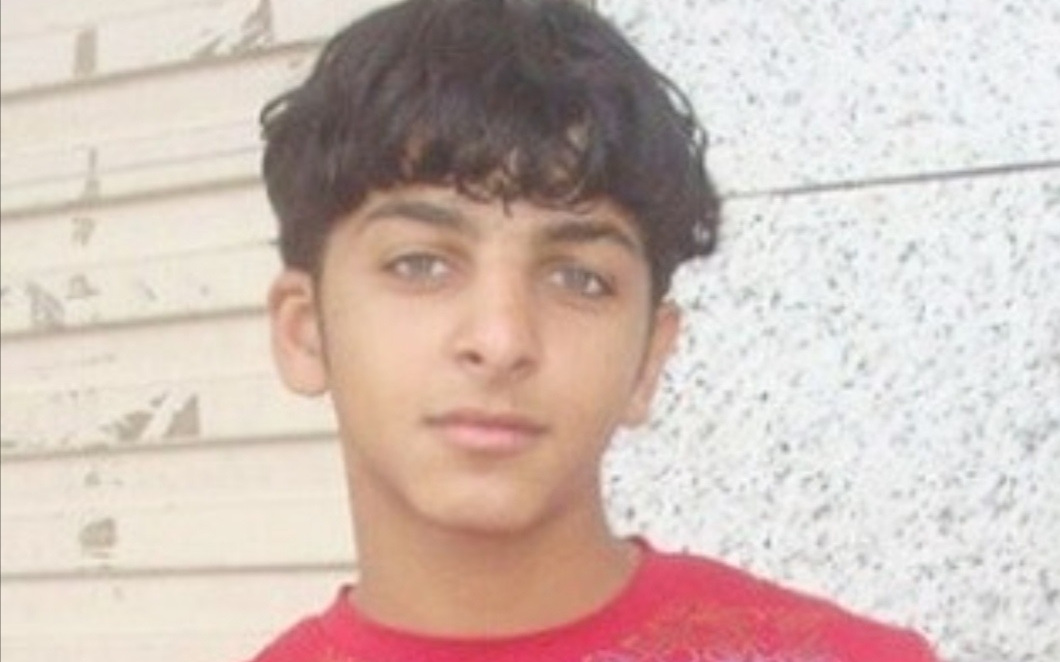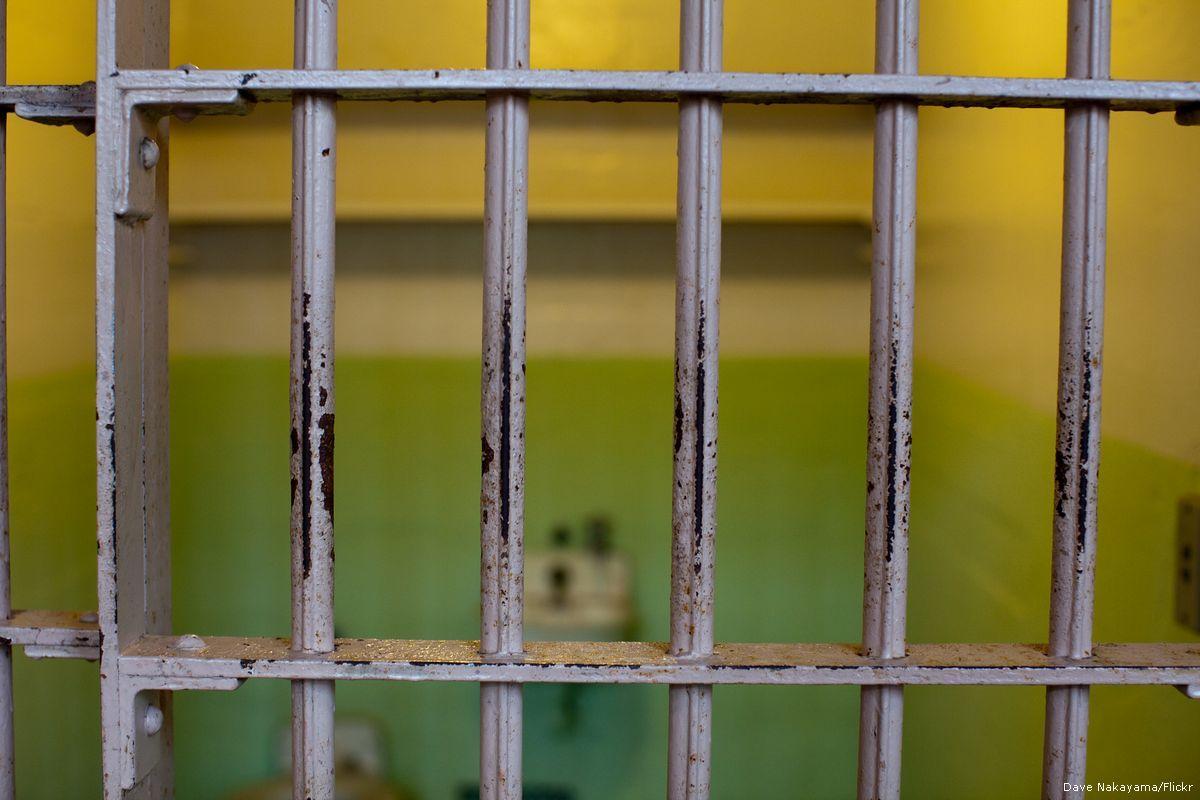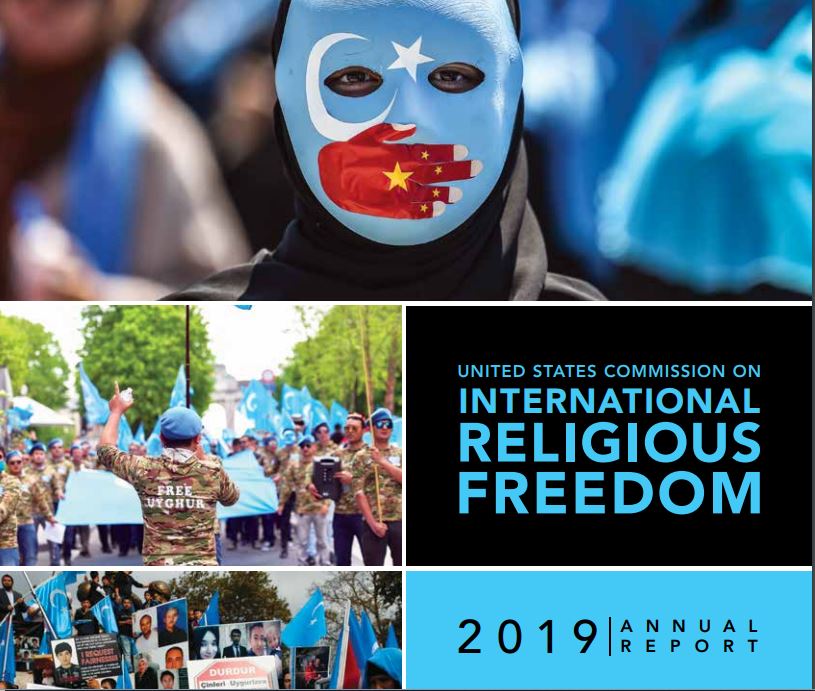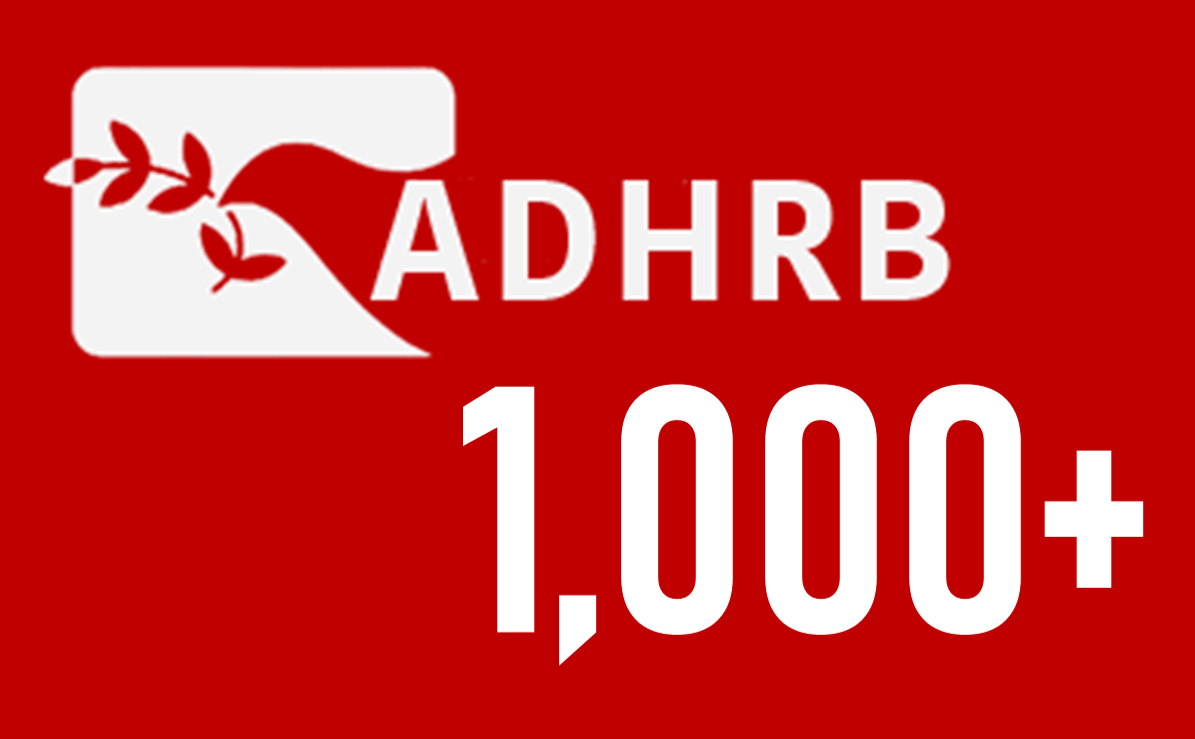Ali Mahdi Alaiwi was a 17-year-old Bahraini student when he was arrested without a warrant and subjected to an unfair trial. Ali is currently incarcerated in Jau Prison, where he has recently suffered from ill health. On 22 May 2013, regular police officers and riot police, as well as officers in plain clothing and masks,[…]
***On 4 May 2019, United Arab Emirates (UAE) prisoner Alia Abdulnoor died in custody following a battle with terminal breast cancer. On 12 February 2019, the Special Rapporteur on the right of everyone to the enjoyment of the highest attainable standard of physical and mental health; the Special Rapporteur on the promotion and protection of human[…]
30 April 2019 – Yesterday, the United States Commission on International Religious Freedom (USCIRF) released its 2019 Annual Report, categorizing Bahrain again as a Tier 2 country “for engaging in or tolerating religious freedom violations that meet at least one of the elements of the ‘systematic, ongoing, egregious’ standard for designation as a ‘country of[…]
29 April 2019 – Today, Americans for Democracy & Human Rights in Bahrain (ADHRB) sent a letter to President Emmanuel Macron ahead of Macron’s meeting with Bahrain’s King Hamad bin Isa AlKhalifa on Tuesday 30 April 2019. In our letter, we urge Macron to have a frank conversation with King Hamad about Bahrain’s human rights[…]
In October 2013, Americans for Democracy & Human Rights in Bahrain (ADHRB) began its United Nations (UN) Complaint Program to assist individuals suffering from human rights abuses in Bahrain and the broader Gulf region. ADHRB complains on behalf of victims to the Special Procedures offices of the UN, who then communicate with the offending government[…]









